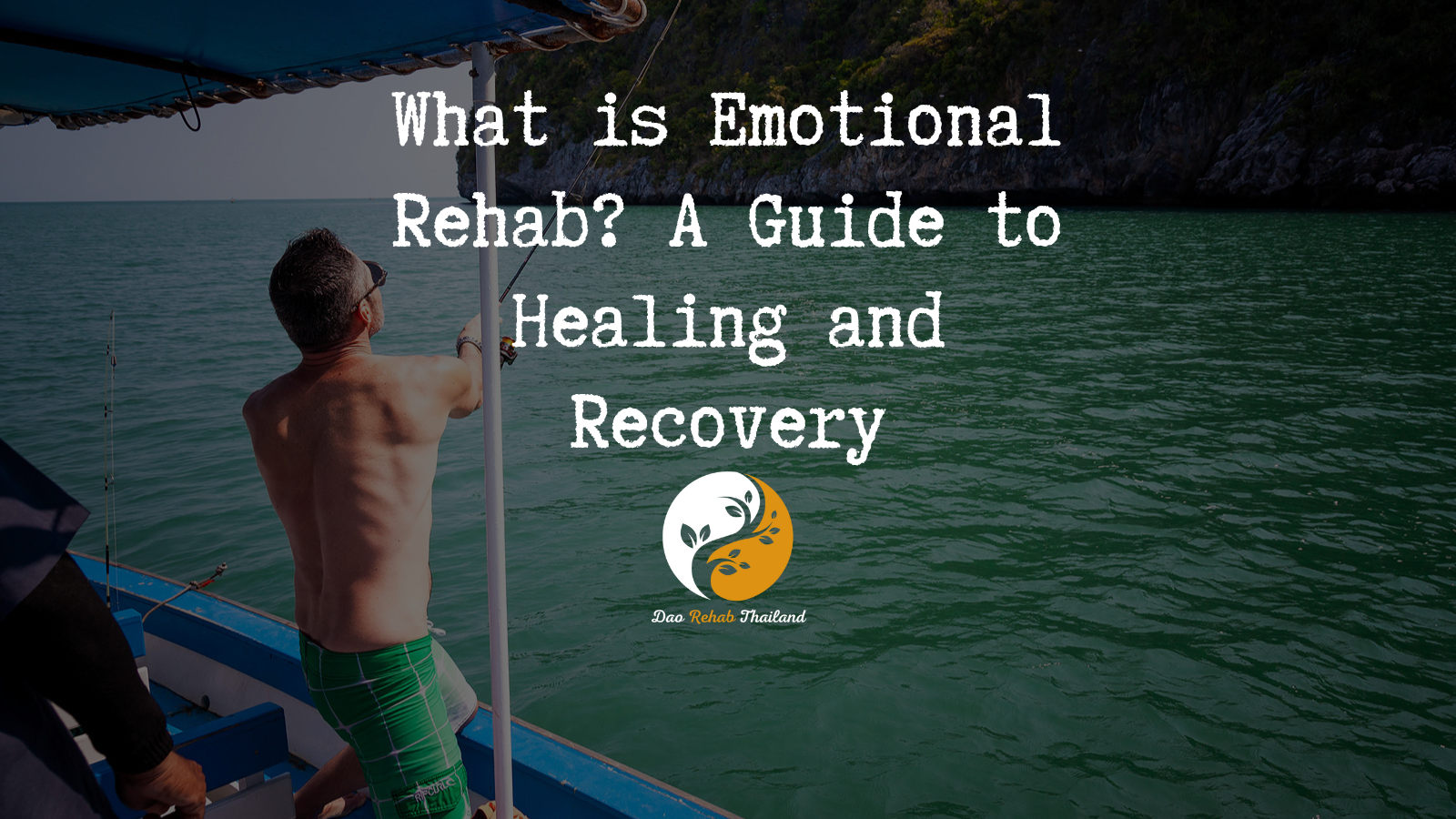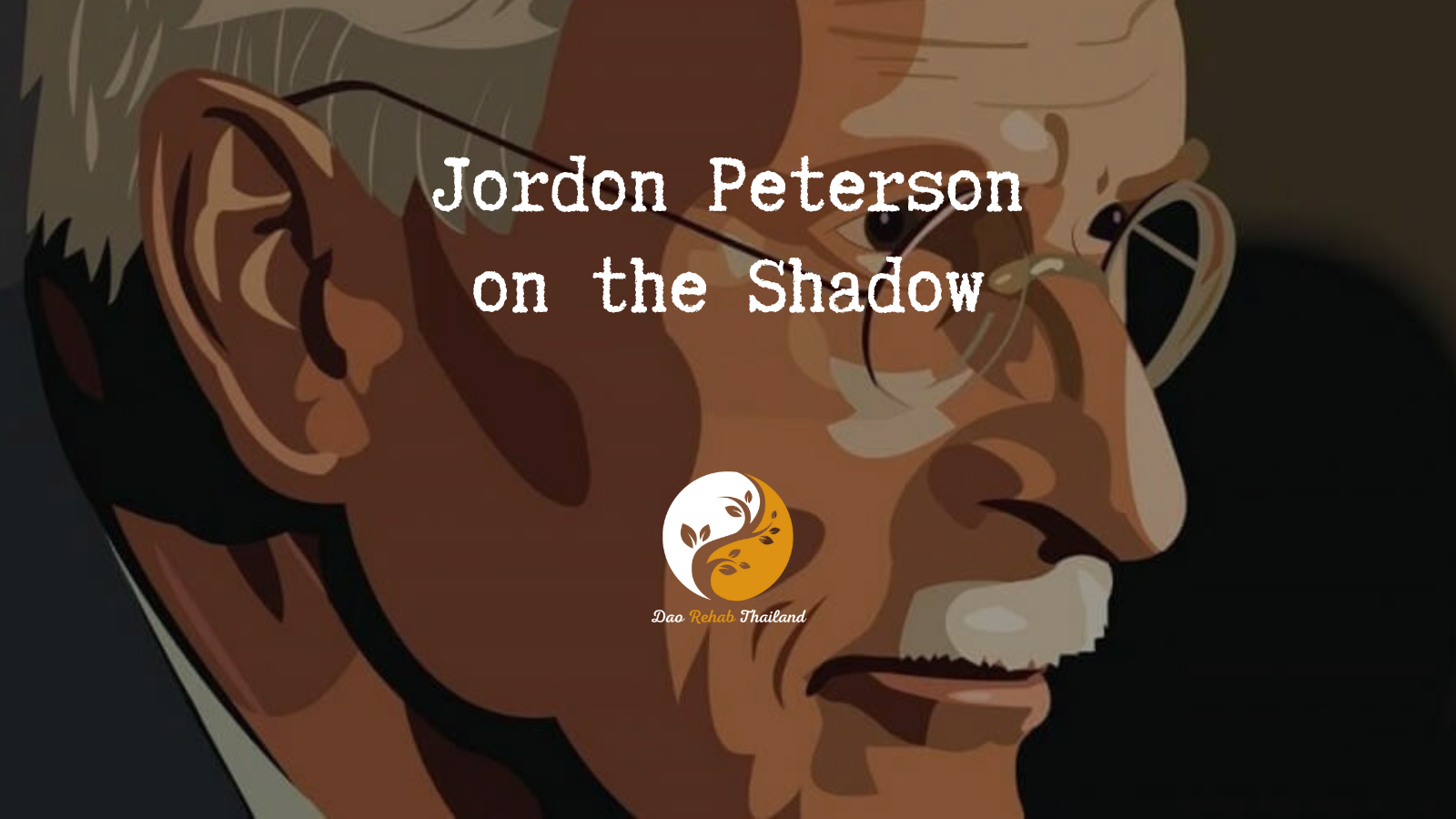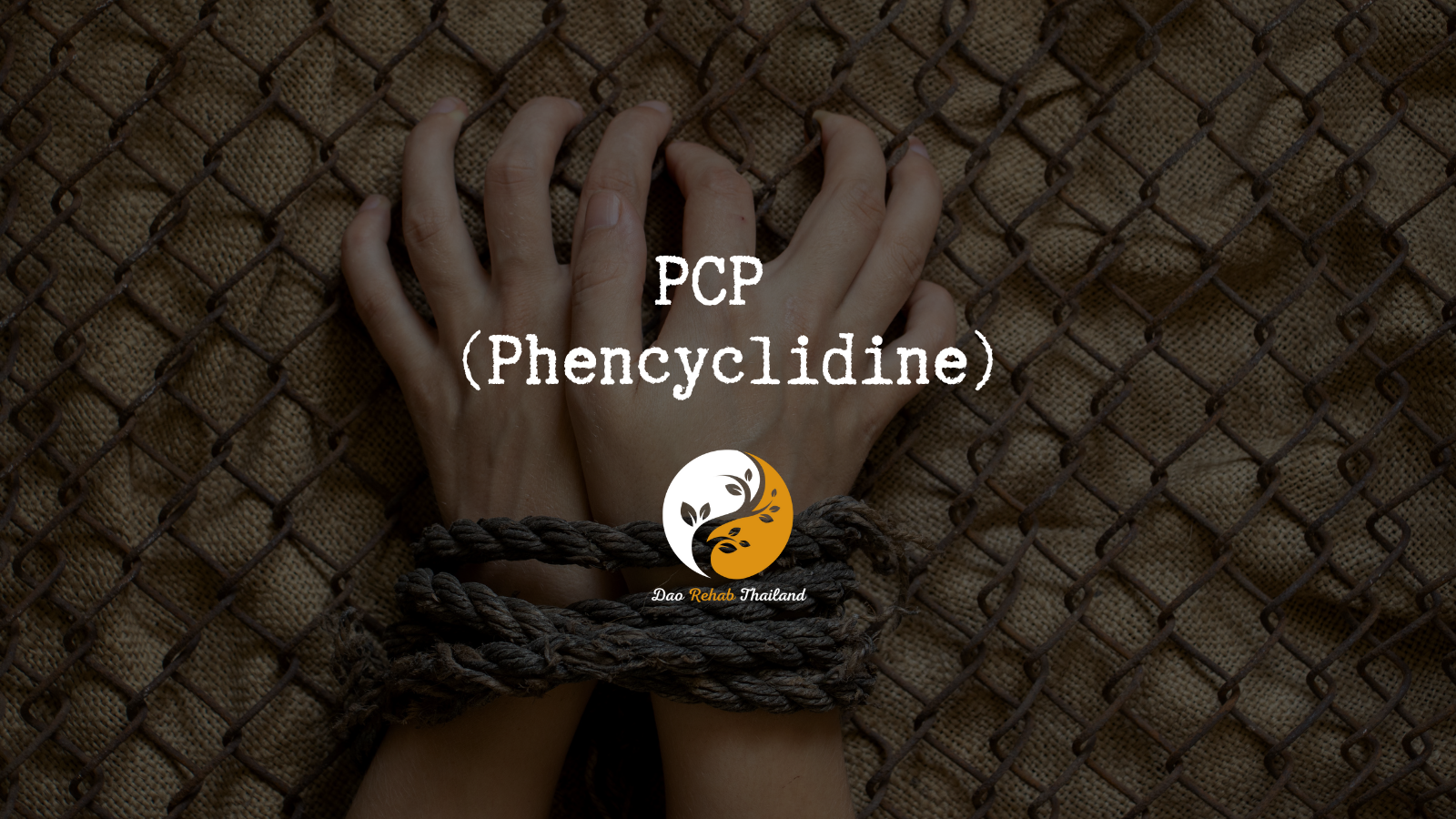
What is Emotional Rehab? A Guide to Healing and Recovery
What is Emotional Rehab A Guide to Healing and Recovery
“Turning the impossible into possible”

"Detox from Drugs at a Luxury Holistic Center in Thailand and Israel"

What is Emotional Rehab A Guide to Healing and Recovery
Emotional rehabilitation, or “emotional rehab,” refers to the structured process of healing from emotional wounds and regaining mental and emotional stability. Much like physical rehabilitation helps individuals recover from physical injuries, emotional rehab provides tools, strategies, and support to heal psychological scars and develop resilience.
Emotional rehab is an essential process that can lead to healing and recovery for individuals who are struggling with their emotional well-being. This guide aims to shed light on the importance of emotional rehab, the process involved, the benefits it offers, the challenges one may face, and how to maintain emotional health after completing a treatment program.
"Holistic Center for Trauma, Addiction, and Mental Imbalance Treatment in Thailand"
“Come to the beginning of your journey to freedom from addiction to alcohol, drugs, and pills, and rediscover your life within the serene embrace of DaoTherapy Rehab in Thailand—where holistic healing meets empowering recovery.”
DaoTherapy Holistic Rehab
Key Elements of Drugs Detox:
Medical Supervision: Drugs detox must be conducted under medical supervision, as the body may experience withdrawal symptoms. These can include nausea, anxiety, muscle aches, and insomnia. A medical team will monitor and manage these symptoms to ensure the patient’s safety and comfort.
Holistic Therapies:
Holistic Therapies: Many detox programs incorporate holistic therapies such as mindfulness, yoga, and meditation to help individuals cope with stress and anxiety during the detox process. These therapies support the mind-body connection and contribute to overall recovery.
Tapering Process
Tapering Process: Drugs detox often involves a gradual tapering of the drug to reduce withdrawal severity. Doctors will slowly decrease the dosage over time to allow the body to adjust to lower levels of the substance.
Psychological Support:
Psychological Support: Like any addiction recovery process, detox from Drugs includes psychological support. This can involve counseling, therapy, or support groups to address the mental and emotional aspects of addiction.
Post-Detox Treatment:
Post-Detox Treatment: After completing detox, continuing treatment is crucial to prevent relapse. This often includes participation in ongoing therapy, group support, and the development of new coping strategies to maintain sobriety.
Understanding Emotional Rehab
Emotional rehabilitation, often referred to as “emotional rehab,” is the process of addressing, healing, and recovering from emotional pain, trauma, or distress. It is a journey of self-discovery and healing that focuses on restoring emotional balance, building resilience, and developing healthier ways of processing emotions and navigating life.
The key to understanding emotional rehab and whether you would benefit from it is to know what rehab for emotional health is and why it’s important to treat your emotional health.

contact us
Contact us with your questions
We would love to speak with you! Feel free to reach out with any questions.

get in touch
Schedule a free consultation
Schedule a free consultation with our team and let’s make things happen!
Defining Emotional Rehabilitation
Emotional rehabilitation refers to a specialized form of therapy that focuses on improving emotional health and addressing issues such as depression, anxiety, trauma, and addiction. It offers a comprehensive approach to healing and recovery by targeting the root causes of emotional distress.
Emotional rehab involves a combination of therapeutic techniques, including individual counseling, group therapy, mindfulness practices, and holistic approaches. By addressing the underlying emotional issues, individuals can develop a deeper understanding of themselves and learn how to navigate their emotions in a healthy way.
The Importance of Emotional Health
Emotional health plays a vital role in our overall well-being. When our emotions are imbalanced or suppressed, it can negatively impact our physical health, relationships, and daily functioning. Emotional rehab aims to restore emotional balance, promote self-awareness, and equip individuals with effective coping strategies.
Furthermore, emotional health is closely linked to mental clarity and brain function. When we are emotionally distressed, our ability to think clearly and make sound decisions is compromised. Emotional rehabilitation helps individuals regain mental clarity by providing them with tools to manage stress, regulate emotions, and improve brain function.
In the journey of addiction recovery, individuals often encounter a wide range of emotional issues. These can stem from the underlying causes of their addiction, the challenges faced during recovery, or the process of adjusting to a life without the substance or behavior they were addicted to. Recognizing and addressing these emotional issues is crucial for a successful recovery.
What are Common Types of Emotional Issues in Recovery?
Emotional rehabilitation plays a crucial role in addressing the multifaceted emotional challenges that individuals face during addiction recovery. Through a variety of therapies, emotional rehab provides the necessary tools and support for individuals to navigate through the complexities of their emotions effectively.
For example, those whose addiction is intertwined with trauma, trauma-informed care addresses these underlying issues, facilitating healing and recovery on a deeper level. By integrating these approaches, emotional rehabilitation supports individuals in building resilience, developing healthy coping strategies, and ultimately achieving a sustained recovery.
Common Types of Emotional Issues in Recovery
Recovering from addiction, trauma, or emotional distress involves addressing not only physical dependencies or behaviors but also the emotional challenges that often arise during this process. Emotional issues can emerge as individuals confront unresolved feelings, adapt to new coping mechanisms, and rebuild their lives. Below are some of the most common emotional issues faced during recovery:
1. Guilt and Shame
- What it Is:
- Guilt arises from specific actions taken during addiction or distress, such as hurting others.
- Shame is a deeper feeling of inadequacy or self-loathing.
- Impact:
- Can hinder self-esteem and motivation to recover.
- May lead to relapse if not addressed.
2. Anxiety
- What it Is:
- A heightened sense of worry or fear about the future.
- Impact:
- Common in early recovery as individuals face uncertainty and life changes.
- Can manifest as racing thoughts, physical tension, or avoidance behaviors.
3. Depression
- What it Is:
- A persistent feeling of sadness, hopelessness, or lack of interest in life.
- Impact:
- Often linked to the loss of coping mechanisms like substance use or unhealthy habits.
- Can slow progress in recovery and lead to withdrawal from support systems.
4. Anger and Resentment
- What it Is:
- Feelings of anger toward oneself, others, or situations that contributed to past struggles.
- Resentment often builds from perceived injustices or unresolved conflicts.
- Impact:
- Can create barriers to forgiveness and emotional healing.
- May fuel self-destructive behaviors if not managed.
5. Loneliness
- What it Is:
- A sense of isolation, often stemming from leaving behind old social circles or habits.
- Impact:
- Can create a longing for connection that may lead to unhealthy relationships or relapse.
- Makes it harder to build new, healthy support networks.
6. Emotional Numbness
- What it Is:
- Difficulty feeling emotions fully, often a defense mechanism to avoid pain.
- Impact:
- Can hinder personal growth and the ability to build authentic relationships.
- Prevents individuals from processing trauma or emotional wounds.
7. Fear of Vulnerability
- What it Is:
- A reluctance to open up or share emotions due to fear of rejection or judgment.
- Impact:
- Makes it challenging to engage in therapy or connect with others in recovery.
- Blocks emotional intimacy and trust-building.
8. Grief and Loss
- What it Is:
- Mourning the loss of relationships, opportunities, or time lost due to addiction or trauma.
- Impact:
- Can lead to feelings of sadness or regret.
- Requires acknowledgment and processing to move forward.
9. Low Self-Esteem
- What it Is:
- Negative self-perception or lack of confidence.
- Impact:
- May result from years of unhealthy behaviors or feeling unworthy of recovery.
- Undermines motivation to set and achieve recovery goals.
10. Overwhelm
- What it Is:
- Feeling emotionally or mentally overloaded by the recovery process.
- Impact:
- Can result in paralysis or avoidance of necessary steps in recovery.
- Makes it harder to manage daily responsibilities and commitments.
Addressing Emotional Issues in Recovery
Therapeutic Support:
- Individual therapy (CBT, trauma-focused therapy) to address specific emotional challenges.
- Group therapy or support groups to share experiences and build connection.
Building Emotional Intelligence:
- Learning to identify, express, and regulate emotions through mindfulness and journaling.
- Practicing self-compassion to reduce self-criticism and shame.
Establishing Healthy Boundaries:
- Setting limits to protect emotional energy and avoid toxic relationships.
Engaging in Self-Care:
- Prioritizing activities that support physical, mental, and emotional well-being, such as exercise, hobbies, and rest.
Developing Resilience:
- Cultivating coping strategies to manage stress and setbacks effectively.
Conclusion
Emotional issues in recovery are a natural part of the healing journey. By recognizing these challenges and addressing them proactively, individuals can build a strong foundation for long-term recovery and emotional well-being. Support, patience, and self-compassion are key to navigating the emotional complexities of recovery successfully.
Psychological Support:
Psychological Support: Like any addiction recovery process, detox from Subutex includes psychological support. This can involve counseling, therapy, or support groups to address the mental and emotional aspects of addiction.
How Does Emotinal Rehab Intertwine with Addiction Rehab?
Emotional rehab is an integral component of conventional addiction rehab, reflecting a holistic approach to recovery that addresses both the psychological and physical aspects of addiction. This intertwined approach acknowledges that substance abuse disorders and emotional issues such as depression, anxiety, and trauma often coexist, necessitating a comprehensive treatment strategy.
Conventional addiction rehab focuses on overcoming physical dependence on substances through detoxification and preventing relapse through various behavioral therapies. However, for many individuals, addiction is not just a physical struggle but also an emotional one. Emotional rehab comes into play by addressing the underlying psychological factors that contribute to addiction, offering a more rounded and effective treatment plan.
In essence, emotional rehab is not a separate entity but a fundamental part of conventional addiction rehab. It ensures that the emotional and psychological aspects of addiction are addressed alongside the physical dependency, offering a more comprehensive and effective path to recovery.
The Benefits of Emotional Rehab
The Benefits of Emotional Rehab
Emotional rehabilitation, or “emotional rehab,” is a structured process that helps individuals recover from emotional pain, trauma, or distress. It not only addresses the immediate impact of emotional struggles but also equips individuals with tools for long-term well-being and resilience. Here are the key benefits of engaging in emotional rehab:
1. Healing from Emotional Wounds
- Emotional rehab provides a safe space to confront and process past trauma, unresolved grief, and emotional pain.
- It helps individuals release suppressed emotions, reducing the burden of carrying unresolved feelings.
Result: Individuals experience relief, closure, and a sense of emotional freedom.
2. Enhanced Self-Awareness
- By exploring emotional triggers and behavioral patterns, emotional rehab promotes greater self-awareness.
- Understanding one’s emotions leads to improved decision-making and emotional regulation.
Result: A clearer sense of identity and better control over reactions and responses.
3. Improved Mental Health
- Emotional rehab addresses common issues like anxiety, depression, and stress, providing coping strategies to manage them effectively.
- Techniques such as mindfulness and cognitive-behavioral therapy (CBT) foster mental clarity and emotional balance.
Result: Reduced symptoms of mental health disorders and increased emotional stability.
4. Building Resilience
- Emotional rehab teaches skills to handle future stress and setbacks with greater ease.
- It strengthens the ability to adapt and thrive in the face of challenges.
Result: A more resilient and confident approach to life.
5. Enhanced Relationships
- Emotional rehab helps individuals improve communication, resolve conflicts, and set healthy boundaries.
- By addressing issues like trust, vulnerability, and attachment, it fosters deeper connections.
Result: Healthier, more fulfilling personal and professional relationships.
6. Development of Emotional Intelligence
- Emotional rehab encourages understanding, expressing, and managing emotions effectively.
- It also enhances empathy and the ability to understand others’ emotions.
Result: Improved interpersonal skills and a more harmonious social life.
7. Breaking Negative Patterns
- Identifying and unlearning harmful coping mechanisms or habits is a core part of emotional rehab.
- It provides alternative strategies for dealing with stress and emotional pain.
Result: A healthier, more constructive approach to life’s challenges.
8. Rebuilding Confidence and Self-Esteem
- Emotional rehab focuses on cultivating self-compassion and reducing negative self-talk.
- Celebrating progress and small victories restores a sense of self-worth.
Result: Increased confidence and a positive self-image.
9. Prevention of Relapse
- For those recovering from addiction, emotional rehab addresses the underlying emotional triggers that often lead to substance use.
- It builds a strong emotional foundation to support long-term recovery.
Result: A reduced risk of relapse and sustained emotional sobriety.
10. Rediscovering Joy and Purpose
- Emotional rehab helps individuals reconnect with their passions, values, and goals.
- It fosters a sense of meaning and fulfillment in life.
Result: Renewed enthusiasm for life and a stronger sense of direction.
How Emotional Rehab Transforms Lives
Engaging in emotional rehab is not just about healing from the past; it’s about creating a brighter future. By addressing emotional wounds, building resilience, and fostering self-awareness, individuals gain the tools they need to live authentically and joyfully.
Whether you’re recovering from trauma, addiction, or emotional distress, emotional rehab offers a pathway to rediscovering yourself and achieving lasting emotional well-being.








